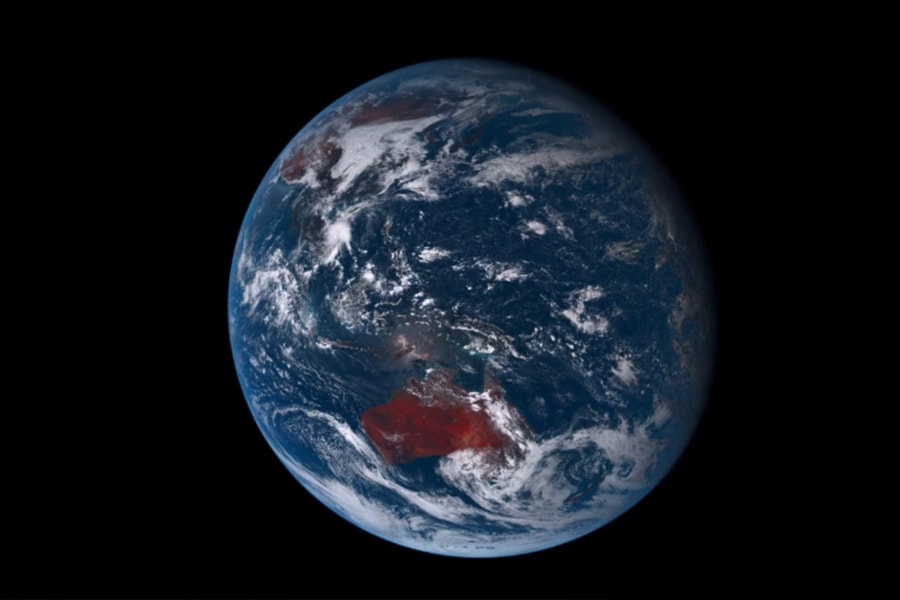CMU attends gathering of world thought leaders
Carnegie Mellon University President Farnam Jahanian led a university delegation to this year’s World Economic Forum, an annual gathering that brings political, industrial, artistic and educational leaders together to discuss ideas and policy while shaping global agendas. The forum ran from January 21-24.
This year’s theme, “Stakeholders for a Cohesive and Sustainable World,” recognized that no institution or individual alone can address the economic, environmental, social and technological challenges of a complex, interdependent world and encourages collective action across several priority areas. In particular, many speakers and events at the annual meeting focused on discussing the concept of stakeholder capitalism as a strategy for bringing about a more sustainable world.
“The World Economic Forum represents a powerful opportunity for CMU to engage with partners around the world and help inform the policies and practices that will emerge from these dialogues,” said Jahanian. “Our participation also allows us to showcase the ways that our ground-breaking research, innovation and creativity is leading to solutions for the world’s most pressing societal challenges.”
At Davos, Jahanian represented CMU during the Global University Leaders Forum (GULF) annual meeting on January 21. Jahanian is currently serving as vice chair of the GULF community, which emphasizes the role of universities as stakeholders in shaping the global future. Carnegie Mellon is one of only 29 universities in the world, 12 in the U.S., that make up the Global University Leaders Forum and has been a member since 2011.
Jahanian also participated in several multilateral meetings, including facilitating a session on cybersecurity ecosystems called, “Tackling the Cyber Capability Gap to Secure our Digital Future.”
Several current and former trustees as well as CMU alumni and friends were in attendance and contributed to important dialogues, including Keith Block, co-CEO of Salesforce and member of the Board of Trustees. Block is a regular Davos attendee.
Content from this year’s forum fell under seven themes — two of which, the “The Future of Work” and “Tech for Good,” are priority areas for CMU and particularly relevant for School of Computer Science (SCS) faculty member Henny Admoni’s work. Admoni was selected to represent Carnegie Mellon faculty by the World Economic Forum and delivered a presentation entitled, “The Future of Human-Robot Interaction,” in Davos. Admoni also participated in the panel, “Caregiving in the New Economy,” and in the session, “The Story Behind the Photo: Robot Caregivers.”
Farnam Jahanian introduces Henny Admoni at a presentation called “The Future of Human-Robot Interaction” at the World Economic Forum.
 CMU at the World Economic Forum
CMU at the World Economic Forum
Henny Admoni speaks about her work in the Human and Robot Parners Lab.
Admoni directs the Human and Robot Partners Lab within SCS’s Robotics Institute. Her work strives to understand human behavior and improve robot collaboration and assistance.
“Every robotics challenge these days has a human-robot interaction component. When we look at autonomous vehicles or manufacturing robots, all of these systems using robotic technology are working in human environments,” Admoni said. “I’m hoping to convey a message of equity and inclusion so that when we think about robotics problems, we think about all of the humans that a robot might be affecting.”
For the sixth consecutive year, EarthTime, a mapping tool developed at the Robotics Institute’s CREATE Lab that uses data to visualize global trends over time, returned to Davos for multiple presentations on topics such as the risk of climate change to corporate assets, urbanization, humanitarian crises related to climate change, and mental health and its links to open, green spaces. The forum itself has taken significant measures to be a climate neutral event. The EarthTime team is composed of Illah Nourbakhsh, Anne Wright and Gabriel O’Donnell.
New this year was the Situation Room, a smaller space for panel discussions. Here, EarthTime’s map visualizations were combined with high-resolution photography from David Attenborough’s “Our Planet” series, focusing on the oceans, the Arctic and on agricultural products in the Amazon basin.